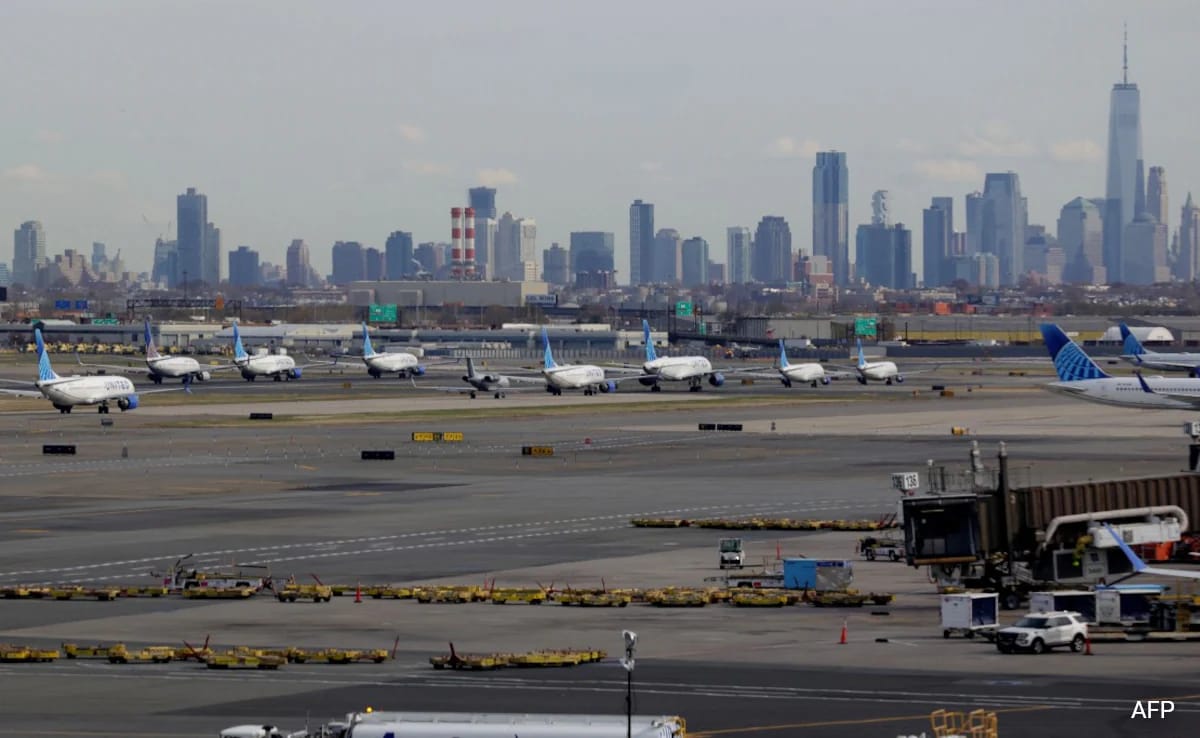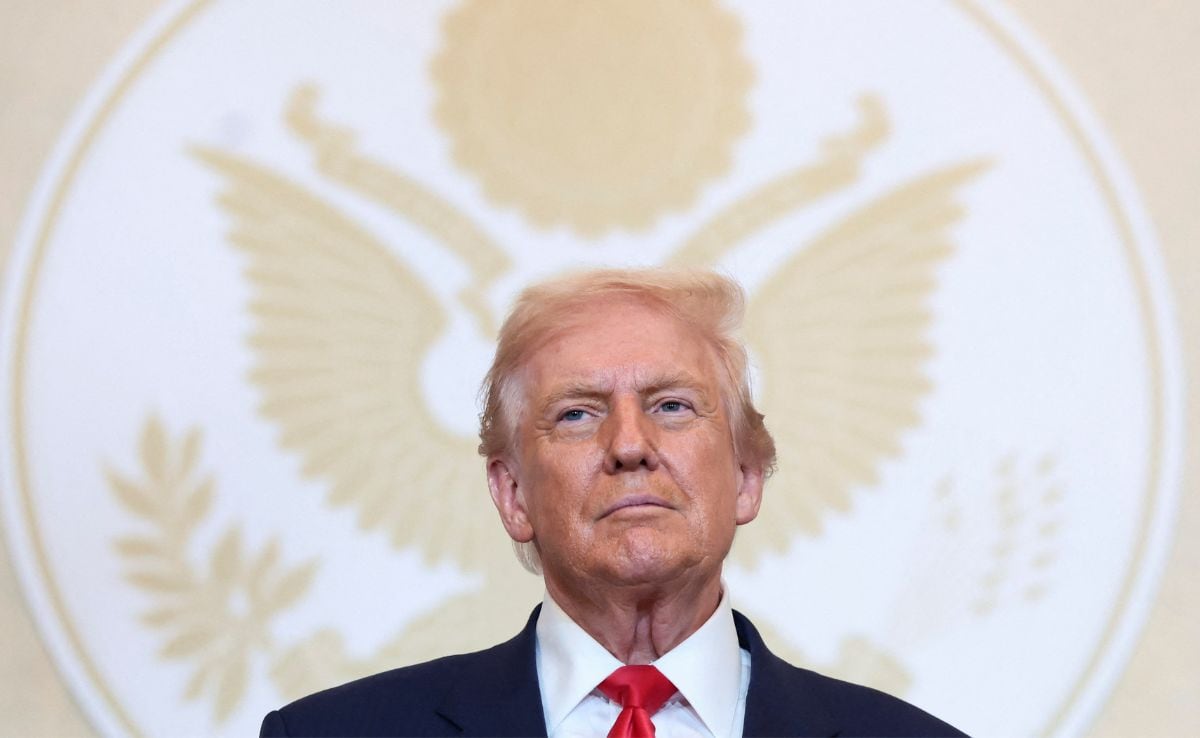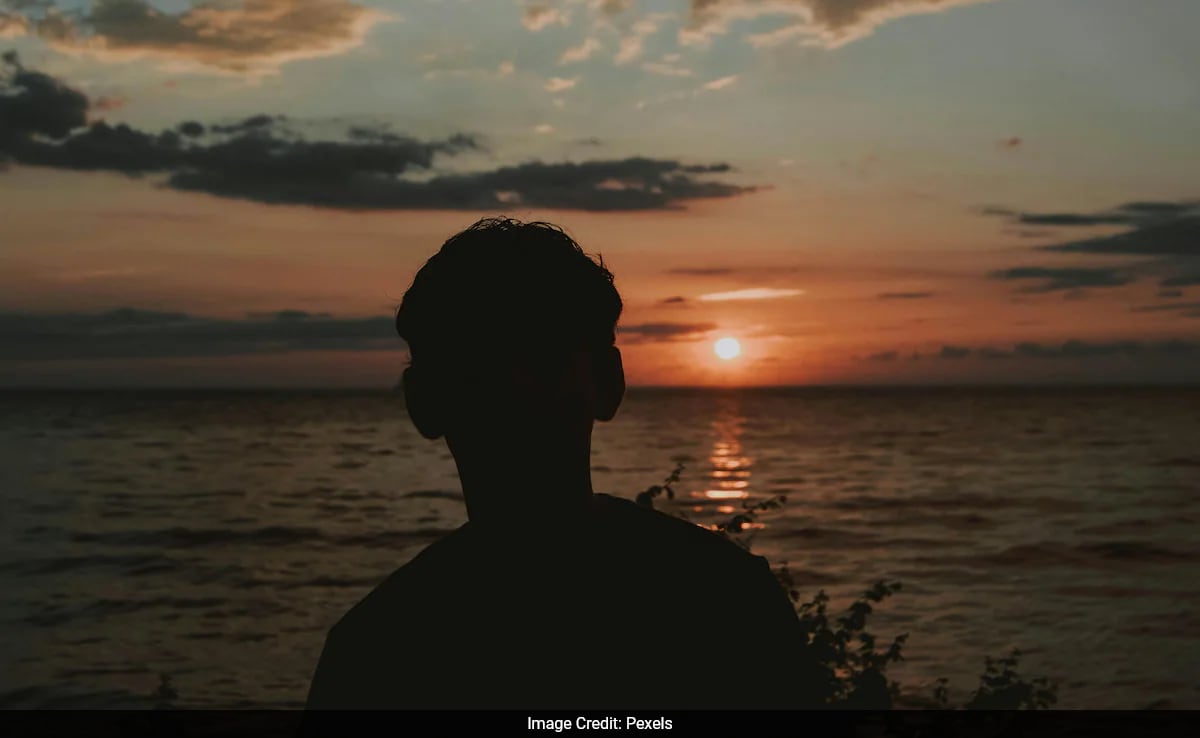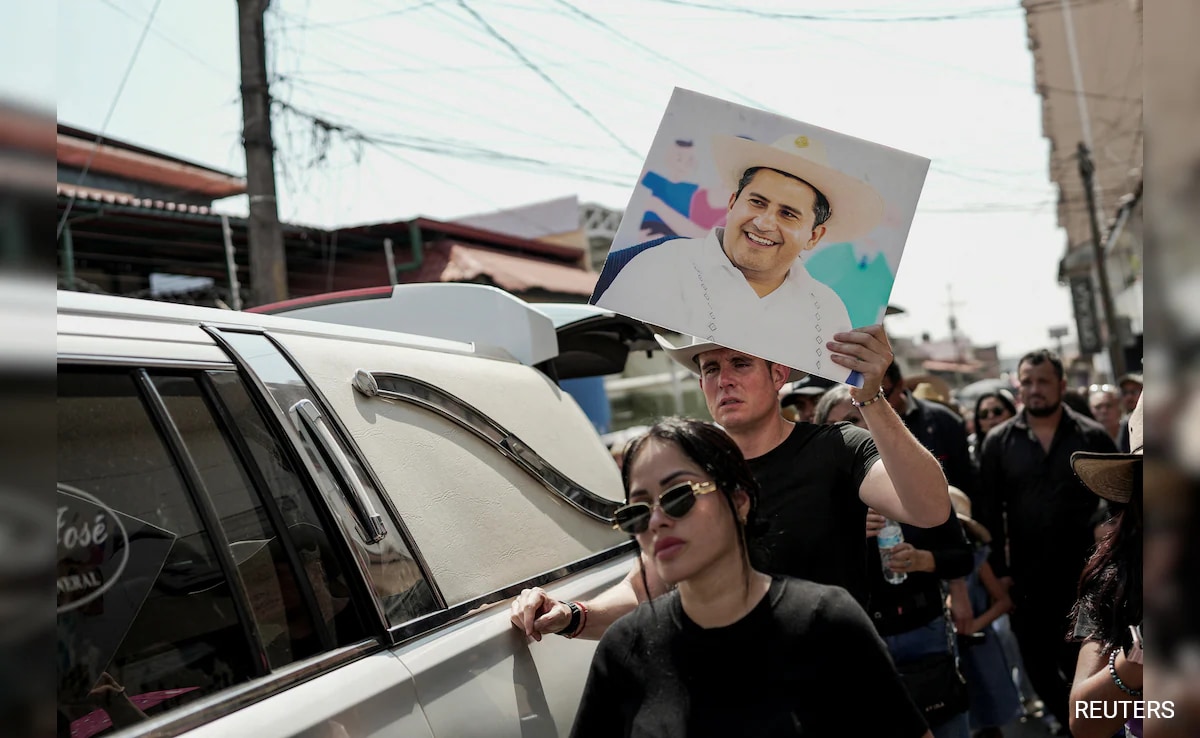In her ruling, Judge Beatrice Mukamurenzi said the National Liberation Front, an armed group that was part of a coalition led by Rusesabagina, was responsible for attacks on civilians in Rwanda that involved killings, lootings, arson and assault. She pointed to a 2018 video in which Rusesabagina says the âthe time has come for us to use any means possible to bring about change in Rwanda, as all political means have been tried and failedâ as evidence of his guilt.
âIt was all with the objective of bringing terror,â she said. âThey attacked people in their homes. They attacked people in their cars â or even on the roads traveling.â
Lawyers for Rusesabagina, now a Belgian citizen and permanent U.S. resident, have argued there is no credible evidence showing that the National Liberation Front killed civilians or that the group was under the control of Rusesabagina. Instead, they say, the trial has been an attempt to rationalize the arbitrary detention of a well-known critic of Kagame, who has stifled independent media and political opposition in Rwanda.
âThis guilty verdict was known from the beginning,â said Anaïse Kanimba, Rusesabaginaâs daughter. âThey want to silence him for life. He is 67 years-old. And 25 years is basically a death sentence.â
Biologically, Kanimba is Rusesabaginaâs niece. Her parents were killed during the genocide when she was 2 and Rusesabagina adopted her. She called on the Biden administration to exert pressure on Kagame to release her father, saying it was Bidenâs chance to âwalk the talk on human rightsâ and show that his administration is paying attention to what is happening in Africa.
The verdict came after years of sniping between Rusesabagina, who was credited with saving more than 1,200 people at the Hotel des Mille Collines in Kigali during the 1994 genocide, and Kagame, the former commander of the Rwandan Patriotic Front, who became the countryâs de facto leader when his group ended the genocide.
Rusesabagina has vocally criticized Kagameâs authoritarian tendencies in recent years; and Kagame has said Rusesabagina exaggerated his role during the genocide and is seeking to overthrow him.
Former journalist and author Michela Wrong, who has followed the trial, said that while she did not want to opine on Rusesabaginaâs guilt or innocence, it was clear that the trial has not been a fair one.
âItâs been a shame and an embarrassment, really,â she said, âbecause the lawyers for the government have broken procedural laws so many times, and in such obvious ways.â
The trial received widespread condemnation in the international community, including from more than three dozen U.S. senators who urged Kagame to release Rusesabagina on humanitarian grounds.
A report from the American Bar Association and the Clooney Foundation for Justiceâs TrialWatch initiative this summer found Rusesabagina had been denied the right to confidential communication with his lawyers, with prison authorities insisting on reading and intercepting messages; that the court failed to test the motives and credibility of witnesses against him; and that Kagameâs repeated characterizations of Rusesabagina as guilty violated the presumption of innocence.
âThis was a show trial, rather than a fair judicial inquiry,â lead author Geoffrey Robertson, who was monitoring the trial for the Clooney Foundation for Justice, said in a statement. âThe prosecution evidence against him was unveiled but not challenged.â
The trial began after lawyers for Rusesabagina say he was tricked into boarding a plane in August 2020 that took him to Rwanda. Rusesabagina was traveling with a pastor who he said he believed was a friend and thought he was headed for Burundi to speak at churches. Instead, the pastor, who was working for the Rwandan government, lured Rusesabagina to Kigali.
Advocacy groups including Amnesty International and Human Rights Watch have said that his arrest was illegal, amounting to an enforced disappearance. Government officials in Rwanda have spoken proudly about the operation, which Kagame called âflawless.â
Wrong, who recently wrote a book about Kagameâs sanctioning the murder of Patrick Karegeya, a friend turned critic who was once Rwandaâs head of external intelligence, said she sees Rusesabaginaâs trial as a part of a pattern of Rwandaâs president being unable to âtolerate dissent or challenges.â Others who have challenged Kagame have turned up dead over the years under strange circumstance, she noted, including in Kenya, Mozambique and South Africa.
âIt is very important to Paul Kagame to demonstrate to his own citizens that he will reach out and find you wherever you are,â she said. âIt doesnât matter where you go ⦠if you stand up to him, denounce him, challenge him, you will pay the price.â
Phil Clark, a professor of international politics at SOAS University of London, said the case is more complex than how it has often been portrayed in international media, which he said has generally sided with Rusesabagina, or in largely government-controlled Rwandan media, which has sided with Kagame.
Clark, who attended multiple days of testimony in Kigali, said he thought the government went too far in painting Rusesabagina as the orchestrator of attacks that prosecutors said killed at least nine people. But he said that he thought prosecutors presented solid evidence that Rusesabagina provided funding to the National Liberation Front.
âIt is not as clear cut as the hero of Hotel Rwanda has been unfairly arrested and prosecuted by this government thatâs perceived as rapacious,â Clark said.
The reading of the verdict in Rwandaâs High Court Chamber for International and Cross-Border Crimes lasted more than six hours. Rusesabagina was tried with 20 co-defendants.
Kitty Kurth, a spokeswoman for Rusesabaginaâs foundation, said Rusesabaginaâs family is concerned about his health. The 67 year-old was held in solitary confinement for more than 250 days without a light or reading material, she said, and with few visits from his lawyers.
Rusesabagina, who is a cancer survivor, has missed three cancer screenings, she added, and not had access to his regular blood pressure medication.
âPaul Kagame has been jealous of Paul Rusesabagina since the movie âHotel Rwandaâ was released,â Kurth said. âIn President Kagameâs mind, there is only room for one guy named Paul in Rwanda, and it is Paul Kagame not Paul Rusesabagina.â
Max Bearak contributed to this report.
Read more:
.png)











 English (United States) ·
English (United States) ·  Turkish (Turkey) ·
Turkish (Turkey) ·